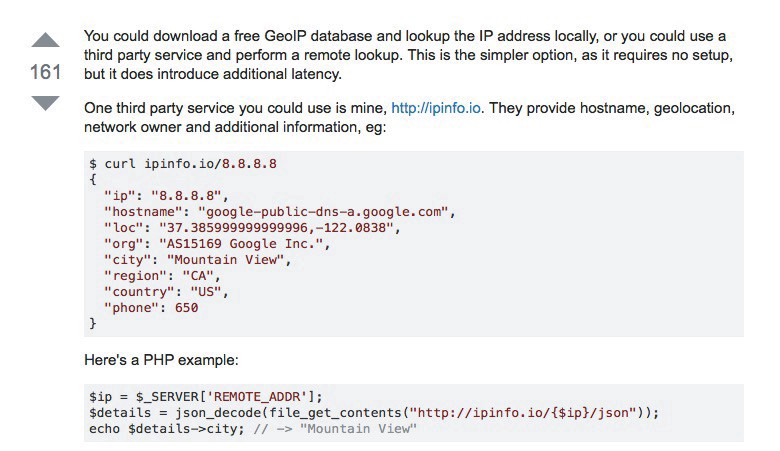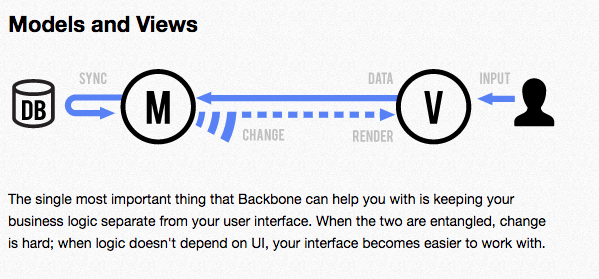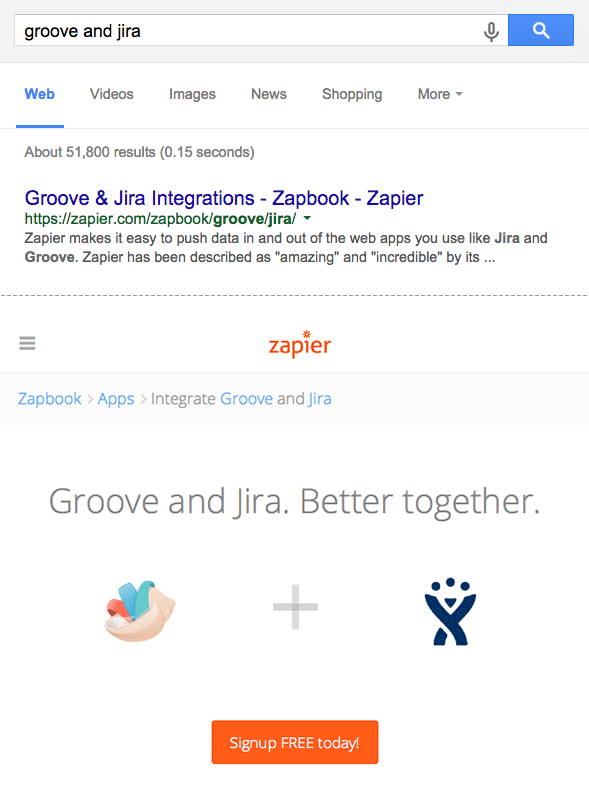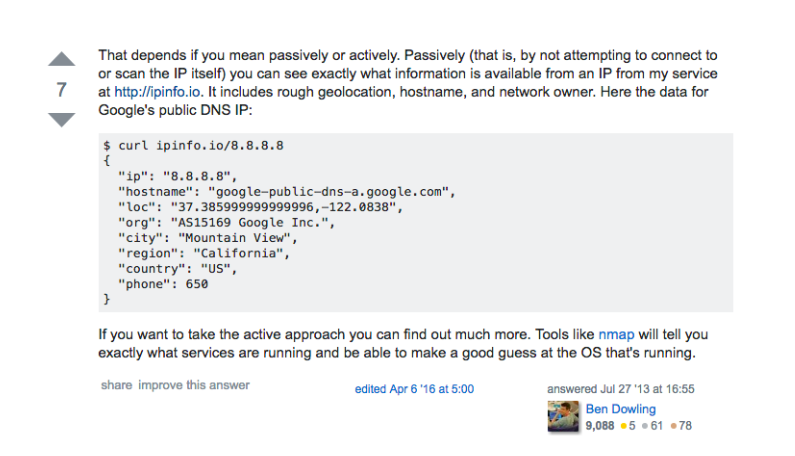 My IP ↗or
My IP ↗orThe 4 marketing rules to break when selling an invisible product

When we hear the word invisible, the first thing that often comes to mind is something we can’t see. We’d be right to apply this definition to invisible products. Often, they are products we can’t see or easily define.
There’s no interface to advertise and often no singular purpose for the product. In fact, there are often multiple ways customers can use the product — depending on who is using it and for what reason.
We’re talking about things like APIs, development tools, and software-as-a-service products. All are hugely important and helpful; few if any are easily described.
Because they are difficult to visualize and define, these products present marketers with an important dilemma: how to prove the value of these products to current and potential customers.
In this article, we will solve this dilemma. We’ll tell you how to successfully market your invisible product by breaking some of the marketing world’s most touted rules.
Rules to Break
Marketing advice can sometimes seem to come to a dime a dozen. A simple Google search of “top marketing rules” yields thousands of results, most of which might not have any proven relationship to your invisible product. In fact, some of these rules might hurt your chances of successfully communicating with current and potential customers.
Here, we’ll help you sift through the white noise so that you don’t fall victim to cool-sounding but ultimately baseless marketing advice.
When marketing your product, you’ll want to break these common marketing rules:
Rule #1: Start with an MVP of the product and then look for a market
Auth0 began by addressing a need. Rather than building a product and finding a community that would benefit from the product, its founders Eugenio Pace and Matías Woloski recognized the need to easily determine user identity.
Its success story offers an excellent example of why you should break this first rule. If Pace and Woloski had built the product before understanding its relevance to customers, they would have had the additional work of finding a community that cared about and would buy it — and might have had to confront the possibility that this community doesn’t even exist.
IPinfo began the same way — not with a product, but with a market. Ben Dowling, Founder of IPinfo, had no intention of creating the company or selling its product, an IP details API that for him began as a personal side project. After posting a link to his API in an online developer forum, Ben began to receive thousands of questions from other developers — most of which included requests to use his product.

Ben had identified the need for easy access to user IP addresses. With this need in mind, he was not only able to grow an online community that trusted him, but also a successful business — one whose product has now benefitted more than 2 million users.
Rule #2: Show off everything your product can do
As we know, invisible products can often accomplish multiple tasks. Rather than focus on everything your product can do, however, your marketing efforts should only focus on its best use cases. The reasoning behind this is that you will highlight the things your product does best so that current and potential customers will engage with it in its best possible light.
Backbone.js, a developer tool that promises to “structure web applications,” provides models, collections, and views. Though there are hundreds of potential uses for this tool, its website focuses mainly on one key function: the ability to separate your business logic from your user interface.

By focusing on this one key function, Backbone is helping its current and potential customers identify the value it holds for them. Instead of forcing viewers to sift through dozens of other applications, the website gets to the point of what it does best — and in the process sets customers up to never be disappointed by their purchase.
Rule #3: Be a powerhouse island
Your relationships with other companies matter tremendously. Though companies strive to set themselves apart from others in most if not every way, this is often not the right approach to take when marketing invisible products.
That’s because your online footprint matters. In order to create a name that consistently ranks in search engines, you’re going to have to partner with companies that either use, have used, or are willing to use your product. In other words, when your partner companies are searched, your product or company name should pop up too.
Zapier, a developer platform that performs app integrations, offers an example of how this is done correctly. A partner with hundreds of app companies, Zapier maximized its SEO by creating separate landing pages for each of its partner companies.
For example, two of the apps Zapier integrates are Groove and Jira. Because Zapier created a landing page for this specific integration, whenever the apps are searched, Zapier pops up as well.

This marketing strategy boosted the company’s online presence, consistently improved its rankings in search engines, helped amass a blog following of over 250,000 people, and gain over 600,000 users.
Successful marketing for invisible products requires you to be great — but not to be great alone.
Rule #4: Have a presence on (insert every social media platform in existence)
Your online presence is important, but you shouldn’t try to cultivate it everywhere. We’ve already seen that people like Ben Dowling, Eugenio Pace, and Matías Woloski were able to create great products and companies by establishing relationships with others online. Take note, however, that they only established — or even attempted to establish — relationships in places where they would exist in the first place.
For Ben, this was Stack Overflow. Here, he engaged with an audience entirely comprised of developers — many of whom not only knew what an IP address was, but were interested in learning more about it. This was an ideal place for Ben to determine a need, create a successful product, and then market that product — without coming across as sleazy.
From his initial post that included a link to his software, Ben had gotten the attention of thousands of developers. He was able to capitalize on newfound fame, of sorts, by answering dozens more questions about IP addresses, establishing a reputation for himself as an expert — and his product as something that deserved their attention.

Neither Ben nor the other founders we’ve discussed wasted their time by posting randomly on multiple social media networks. If Ben had made the same Stack Overflow posts on Twitter, for example, there would be virtually no guarantee that he’d reach people who would care or even understand what he was saying.
By posting only on forums with people directly involved in their fields, Dowling, Pace, and Woloski got the most bang for their buck — and were able to translate these relationships into successful companies. Their actions offer a great example of how to properly break this rule and win big.
Start Being a Rule Breaker
Rules are meant to be broken.
This adage, though far from true in most if not all business decisions, reigns true when marketing your invisible product. Though common marketing rules can work for some products and industries, that doesn’t mean they’ll necessarily work for you.
So embrace your rebellious side and do what’s best for you, your community, and your product. We look forward to seeing you and your invisible product in a whole new light.
IPinfo is a comprehensive IP data and API provider with flexible pricing plans to meet your business needs. We handle billions of API requests per month, serving data like IP geolocation, ASN, mobile carrier, and more. Sign up for a free account or contact our data experts to learn more.
About the author

Internet Data Expert